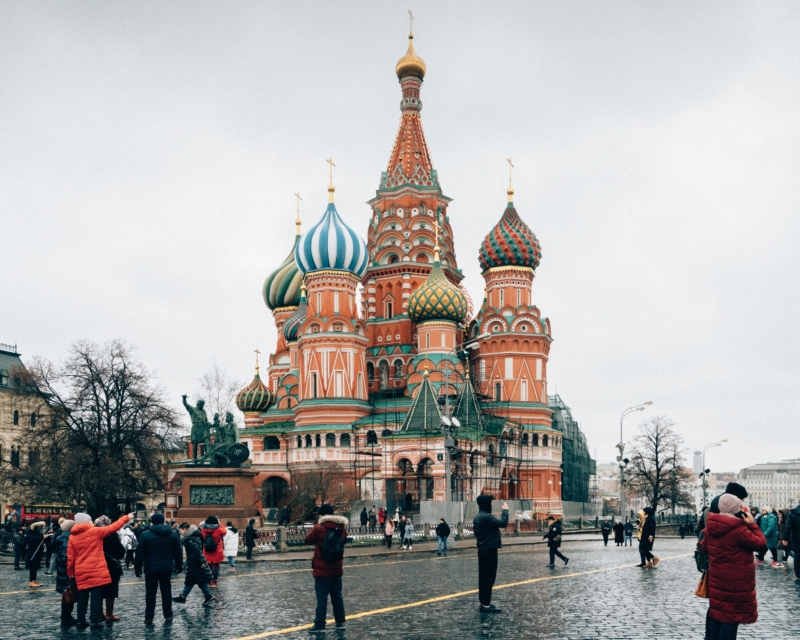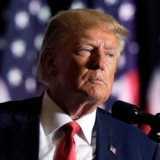EU Delays Transfer of Frozen Russian Assets to Ukraine
A high-stakes decision concerning the transfer of frozen Russian assets to Ukraine has hit a roadblock within the European Union. A Dutch government representative, Geoffrey van Leeuwen, who serves as a prime ministerial adviser on foreign affairs and defense, recently disclosed that the EU is not yet prepared to execute the move due to legal complexities and concerns expressed by Germany.
Speaking at a national security forum in the United States on Thursday, van Leeuwen acknowledged that the issue of utilizing frozen Russian assets in Ukraine is “a difficult one,” with Germany voicing particular objections. While the EU is not fundamentally opposed to transferring the assets to Ukraine, the paramount consideration is ensuring that any such action adheres to a legally sound framework.
“We are not that far to say that we can do it,” van Leeuwen stated, emphasizing that the EU is not yet ready to proceed with relinquishing the frozen assets to Ukraine.
Since the inception of Moscow’s military operation in Ukraine, the EU has taken stringent measures by freezing Russian state assets and reserves totaling approximately €207 billion ($230 billion). The European Commission has been diligently exploring viable options to employ these immobilized Russian funds for the purpose of “rebuilding” Ukraine. One potential avenue is leveraging the interest generated by the assets held within EU financial institutions.
In June, European Commission President Ursula von der Leyen announced the intent to prepare a legal proposal on the transfer of Russian assets before the summer break, signaling the EU’s commitment to find a solution.
However, Germany has expressed caution regarding such a move, cautioning that it could pose risks and raise “complex financial and legal questions,” according to a report by the Financial Times. German officials fear that if the EU were to confiscate frozen Russian money or use the interest it generates, it could set a concerning precedent, potentially leading to reparation claims by other countries against Germany for damages incurred during the Second World War. This adds another layer of complexity to an already contentious issue.
Reports indicate that there is a divide among EU leaders and the European Central Bank (ECB) over plans to utilize profits generated by Russian assets. ECB President Christine Lagarde reportedly cautioned against imposing a windfall tax on these assets, expressing concerns about potential ramifications on the stability of the euro and causing reserve holders to reconsider their positions.
Notably, Moscow has staunchly opposed any move by Western governments to seize its assets, labeling such actions as theft and illegal under international law.
As the debate continues within the EU, the fate of the frozen Russian assets remains uncertain, with legal considerations and geopolitical implications weighing heavily on the decision-makers. The situation highlights the delicate balancing act the EU must navigate as it seeks to support Ukraine while managing the potential fallout from the transfer of frozen assets.




